5 Honey Alternatives That Keep Dishes Naturally Sweet
Honey substitutes offer plenty of sweet alternatives when your jar runs empty or dietary needs demand a change.
Many kitchen staples can stand in perfectly when recipes call for that golden syrup we all know so well.
The variety of replacements spans from natural plant-based options to manufactured sweeteners with unique properties.
Each alternative brings its own distinct flavor profile and consistency to dishes, making substitution an opportunity rather than a compromise.
Since baking and cooking sometimes require adjustments beyond just swapping ingredients, understanding how different sweeteners behave under heat becomes crucial.
Some replacements work better in certain applications while others provide versatility across multiple culinary uses.
Next time honey isn't available or suitable for you, these practical alternatives will save your recipe without sacrificing taste or texture.
Why Substitute Honey?
Sometimes you may want to use something other than honey in your cooking or baking, and there are many good reasons for making a swap:
Sweet Honey Substitutes for Any Recipe
Honey substitutes sweeten drinks, baked goods, and marinades with their own unique notes. A new flavor can make old recipes feel brand-new. Explore the possibilities for your next dish.
Maple Syrup
Maple syrup stands out as a fantastic honey substitute, offering similar sweetness and a comparable brown color for those seeking alternatives.
High-quality options deliver the closest floral taste to honey while providing a completely vegan alternative since it comes from tree sap rather than bees.
Substituting at a 1:1 ratio works in most recipes, though sweeter dishes might require a bit more to achieve the desired taste.
This natural sweetener performs beautifully in various applications from toppings and sauces to frostings and dressings, making it incredibly versatile in the kitchen.
Light Molasses
Molasses, a byproduct of sugar cane or beet processing, stands as an excellent honey substitute due to its similar sweetness, color, and viscosity.
The production process involves boiling three times, with each stage yielding different varieties - light molasses from the first extraction, dark from the second, and blackstrap from the third.
Light molasses makes the best honey replacement because it closely resembles honey's color and thickness while maintaining an appealing level of sweetness.
Though you might detect a slight difference between molasses' caramel notes and honey's floral undertones, this subtle distinction rarely affects the final result in recipes.
Agave Nectar
Agave nectar stands out as a leading honey substitute for vegans, thanks to its similar brown color and semi-viscous texture.
This plant-based sweetener blends perfectly into beverages, baked goods, desserts, and makes a delicious topping for breakfast favorites like pancakes and waffles.
The slightly thinner consistency compared to honey means you should consider your recipe's texture needs before making the swap.
Most recipes work well with a simple 1:1 substitution ratio when replacing honey with agave nectar.
For those concerned about excessive sweetness, starting with half the amount and adjusting to taste ensures the perfect balance in your foods and drinks.
Applesauce
Applesauce stands out as one of the healthiest foods available, making its natural sweetness perfect for replacing honey in various recipes.
Unsweetened applesauce works best for substitution since it lacks additives and closely mimics honey's natural properties.
Many bakers already use this fruit puree regularly, so swapping it for honey requires minimal adjustment in familiar recipes like cakes and muffins.
The versatility of applesauce extends beyond baking to savory dishes including soups and sauces where honey might typically add sweetness.
Just remember that applesauce contains more moisture than honey, so small recipe adjustments might be necessary for the best results.
Sugar
Honey substitutes can save the day when you're in a bind, with sugar being the most common replacement option.
Brown sugar offers the closest match in terms of color, though any type of sugar will add the necessary sweetness to your dish.
For proper substitution, use twice as much sugar as the honey called for in recipes, while reducing other liquids by half a cup.
Sugar syrup provides another excellent alternative by boiling five cups of sugar with one cup of water until it reaches a honey-like consistency.
Once cooled, this syrup works perfectly in uncooked dishes where honey's texture matters as much as its sweetness.
Tips for Achieving the Right Consistency Without Honey
When you’re skipping honey in a recipe, getting the right texture can feel tricky, but a few easy swaps and simple tricks make it much easier:
Choose The Right Substitute
Use maple syrup, agave nectar, brown rice syrup, or corn syrup as honey substitutes for similar thickness, but adjust quantities based on how thick or thin the substitute is.
Measure Carefully
Liquid sweeteners differ in stickiness and density compared to honey, so start with a smaller amount and gradually add more until the texture and sweetness feel right.
Watch The Liquid
If your substitute is runnier than honey, reduce the amount of other liquids in your recipe by a tablespoon or two to prevent the final dish from becoming too wet or soggy.
Adjust Baking Time
Thinner syrups can cause baked goods to cook faster, while thicker syrups may result in denser textures; monitor baking times closely and adjust as needed.
Use A Binder
Honey often helps bind ingredients; if substituting, add a spoonful of nut butter or an egg to maintain structure and prevent cookies or bars from falling apart.
Reader Q&A: Tasty Honey Alternatives
1. Is maple syrup sweeter than honey?
Maple syrup is slightly less sweet and has a distinct flavor, but it works well as a 1:1 substitute in most recipes.
2. What’s a good vegan substitute for honey?
Agave nectar and date syrup are popular vegan-friendly options with a similar texture and taste.
3. Can molasses be used in place of honey?
Yes, though it has a stronger, more robust flavor. Use in recipes where its richness complements other ingredients.
4. Is corn syrup a good swap for honey?
Light corn syrup can replace honey in texture, but it lacks the floral and complex flavor notes of natural honey.
5. What can I use in tea instead of honey?
Try agave syrup, maple syrup, or even a simple sugar syrup. They dissolve easily and add a touch of sweetness.
6. Will using a honey substitute change the flavor of my dish?
Yes, slightly. Each alternative brings its own taste, so choose based on what flavor complements your recipe.
7. Are honey substitutes healthier?
Some like date syrup or agave may have a lower glycemic index, but moderation is key with all sweeteners.
8. Can I use stevia or monk fruit instead of honey?
Yes, but they’re much sweeter and lack the bulk of honey. You may need to adjust liquids and expect a lighter texture.
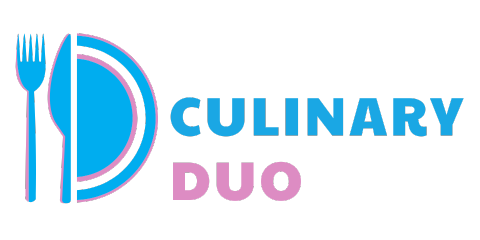
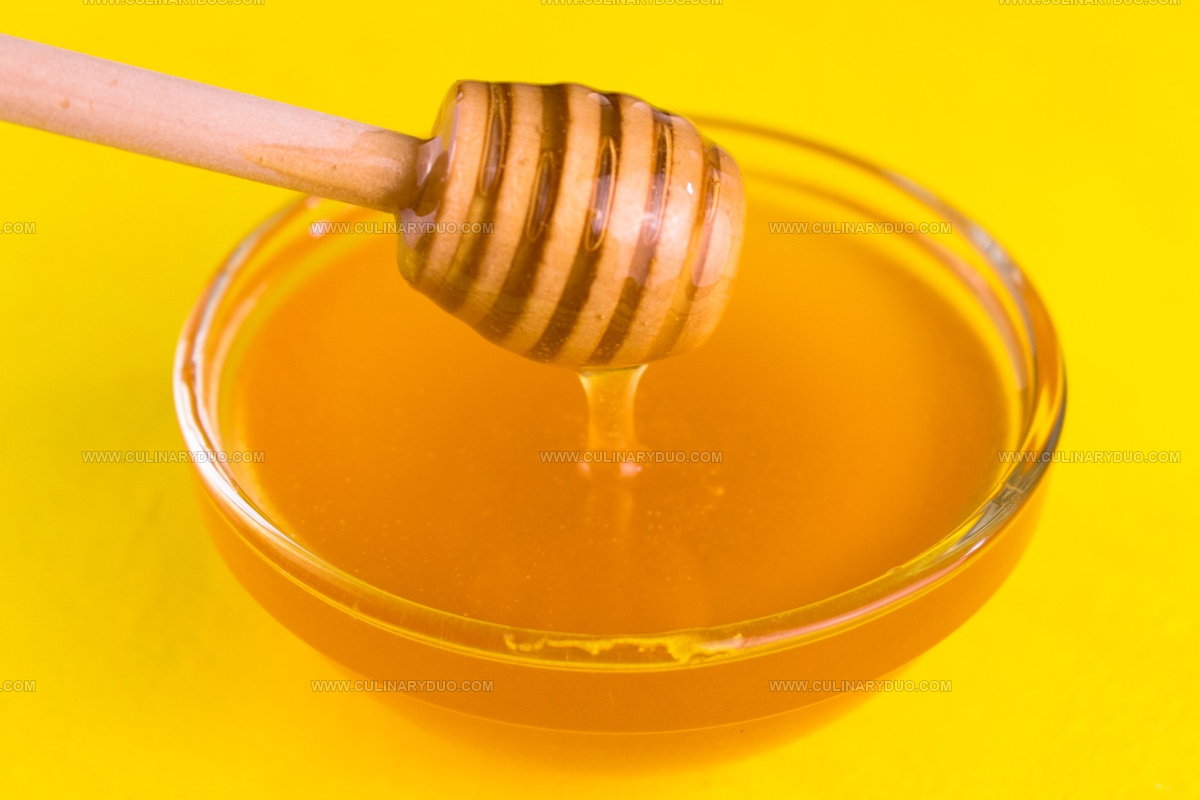
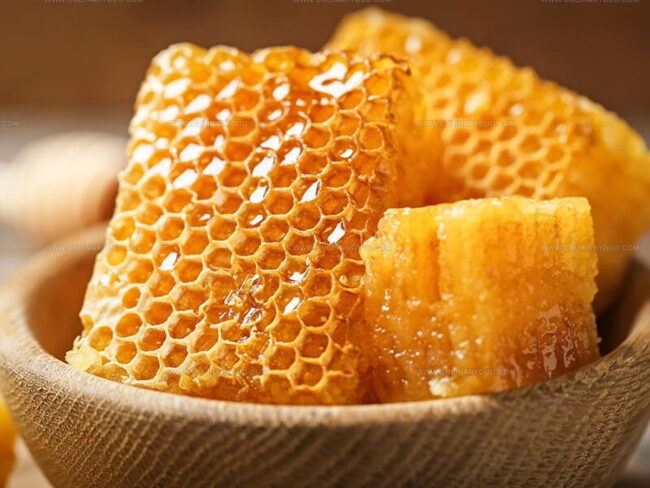
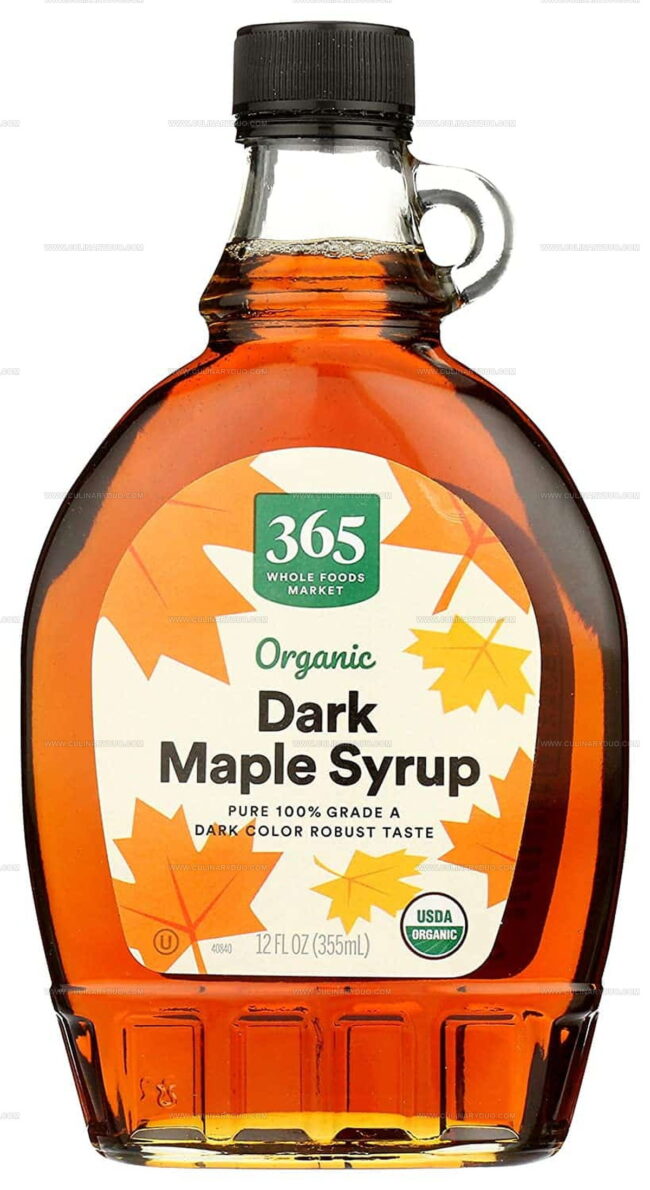
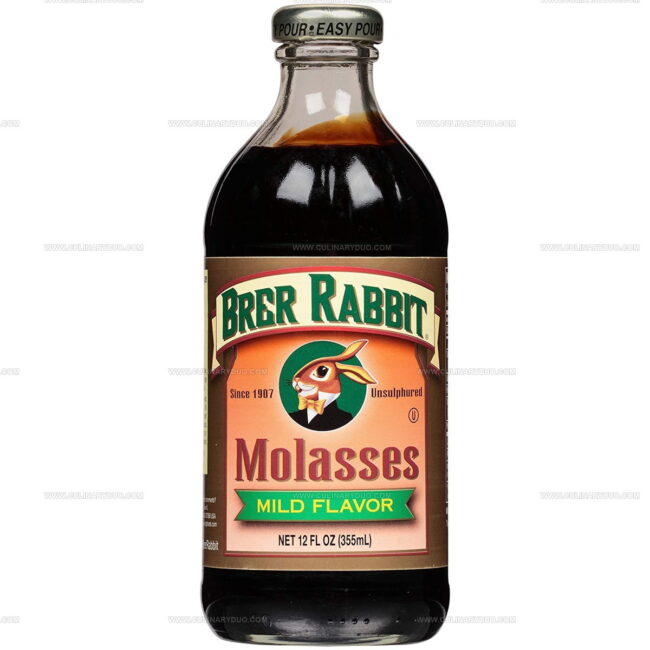
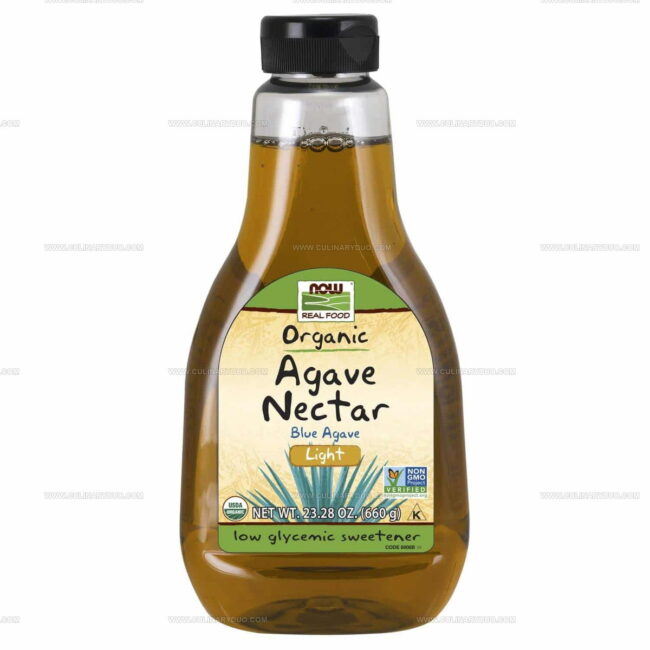
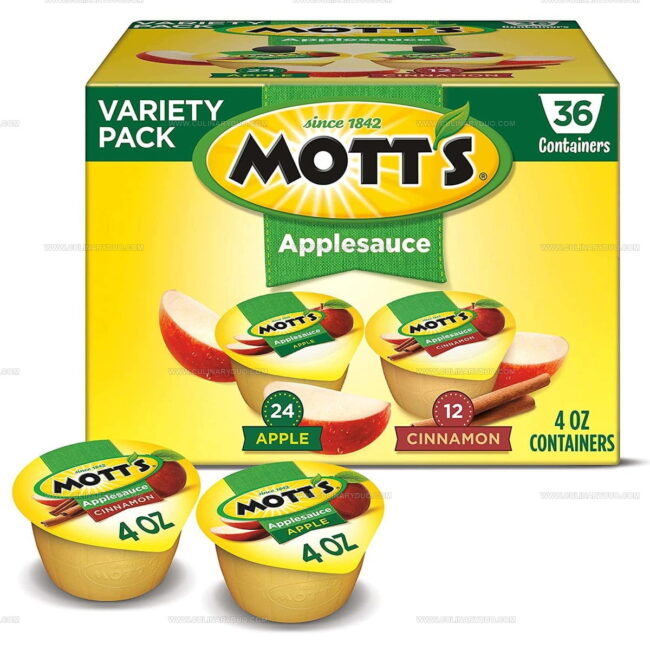
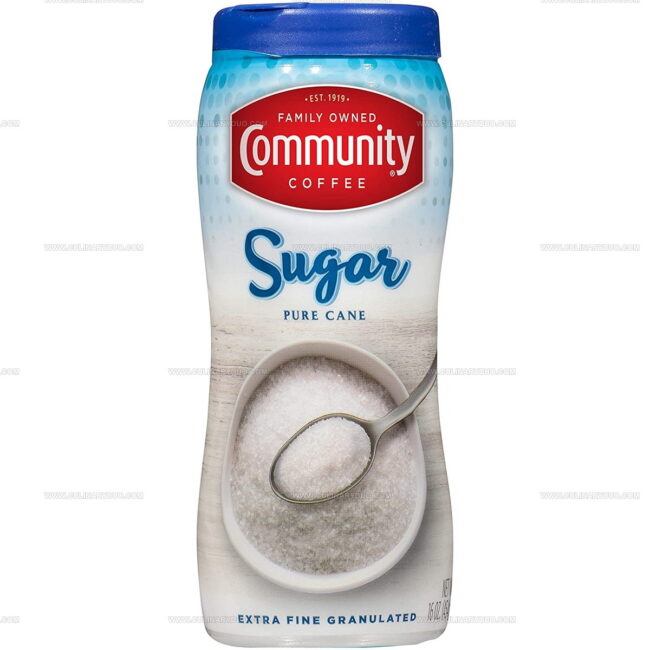
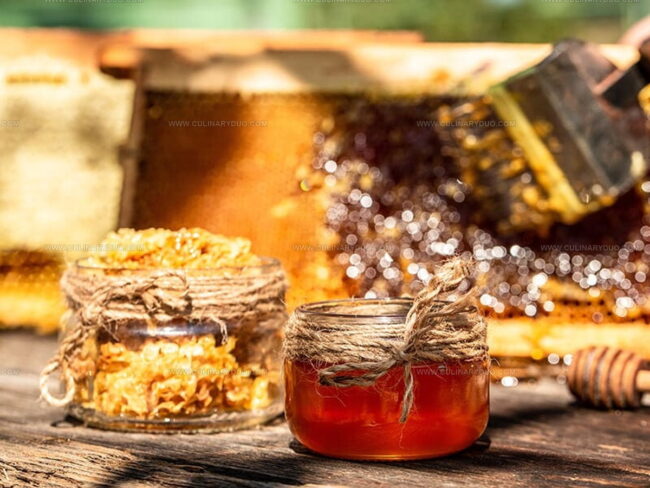
Natalie Brooks
Co-Founder & Content Strategist
Expertise
Education
eCornell
Natalie brings the vibrant, plant-powered side to Culinary Duo. After earning her Plant-Based Nutrition Certificate from eCornell, she combined her love for fresh ingredients with a passion for storytelling, aiming to make healthy cooking simple and satisfying.
Her kitchen motto: good food doesn’t need a fancy label, it just needs fresh ideas and a little creativity. Outside of writing and recipe testing, Natalie’s happiest in her garden, exploring farmers’ markets, or mixing global flavors into new kitchen experiments.